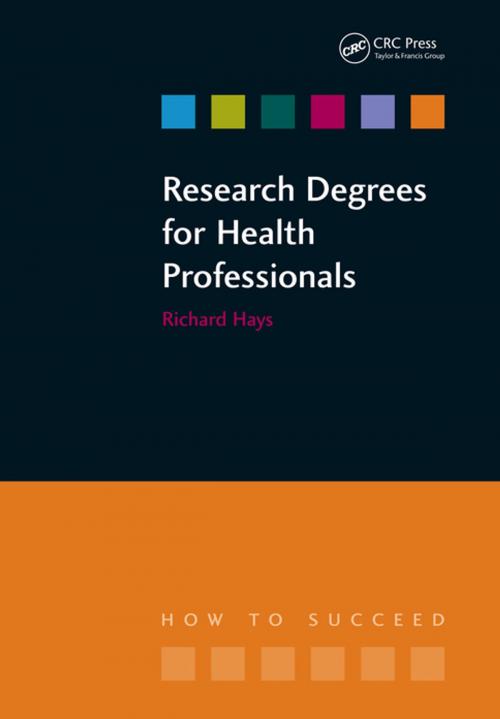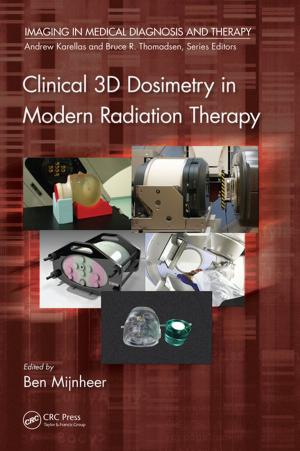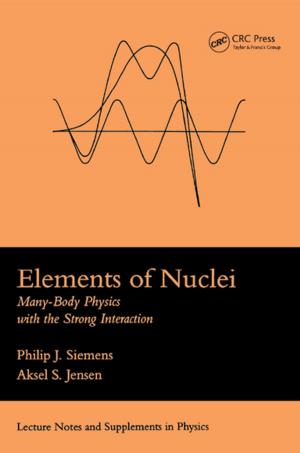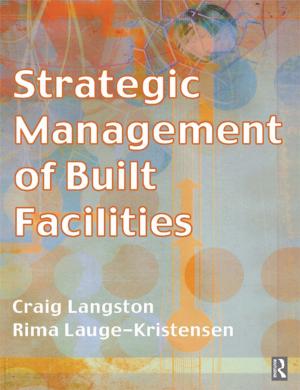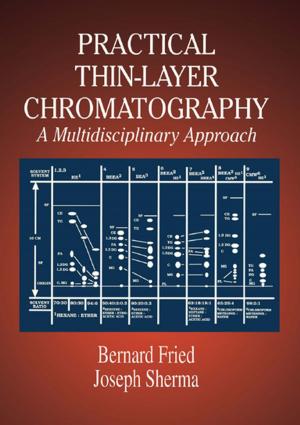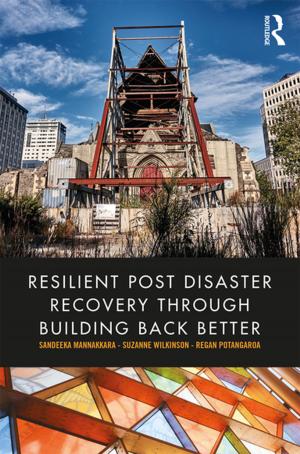| Author: | Richard Hays, Lesley Hallam | ISBN: | 9781315347226 |
| Publisher: | CRC Press | Publication: | April 19, 2018 |
| Imprint: | CRC Press | Language: | English |
| Author: | Richard Hays, Lesley Hallam |
| ISBN: | 9781315347226 |
| Publisher: | CRC Press |
| Publication: | April 19, 2018 |
| Imprint: | CRC Press |
| Language: | English |
Interested in undertaking research training? More health professionals are considering enrolling in a postgraduate degree that includes research training, and many are choosing to do this part-time within already busy personal and professional lives. Many are also choosing to conduct research in areas that involve more than one traditional discipline or are closely linked to their professional practice. The challenges they will face are quite different to those of typical full-time students moving on from a first degree. This practical book guides health professionals, and the academic faculty who supervise them, through developing research ideas based on professional practice to successful completion and graduation with either masters or doctoral level degrees. Research training can be a complex process. It is daunting trying to juggle a personal and professional life, and help and advice on this is otherwise hard to find. This book is ideal for healthcare professionals undertaking, or considering undertaking part-time research training. It is also invaluable for full-time research students, and will be a great source of information for academic supervisors and course organisers. 'This book is written for all those poor souls who feel an inclination to undertake further education in a way that answers questions relevant to their work. Research training does not need to be seen as daunting. There is a wide range of research training available, from lower level coursework modules through to higher level, research project-based programmes, many of them designed for full-time study. Few practicing health professionals have the time or the inclination to suspend professional work and study full-time, and so embark on complex pathways that combine research and professional practice. The choice of pathways is potentially confusing and there are numerous challenges to reaching a satisfactory outcome and maintaining sanity. With careful planning, prediction of potential pressure points, and early detection of challenges and intervention, research training even amidst complex lives, can be very rewarding and even life-changing.' - Richard Hays, in the Preface.
Interested in undertaking research training? More health professionals are considering enrolling in a postgraduate degree that includes research training, and many are choosing to do this part-time within already busy personal and professional lives. Many are also choosing to conduct research in areas that involve more than one traditional discipline or are closely linked to their professional practice. The challenges they will face are quite different to those of typical full-time students moving on from a first degree. This practical book guides health professionals, and the academic faculty who supervise them, through developing research ideas based on professional practice to successful completion and graduation with either masters or doctoral level degrees. Research training can be a complex process. It is daunting trying to juggle a personal and professional life, and help and advice on this is otherwise hard to find. This book is ideal for healthcare professionals undertaking, or considering undertaking part-time research training. It is also invaluable for full-time research students, and will be a great source of information for academic supervisors and course organisers. 'This book is written for all those poor souls who feel an inclination to undertake further education in a way that answers questions relevant to their work. Research training does not need to be seen as daunting. There is a wide range of research training available, from lower level coursework modules through to higher level, research project-based programmes, many of them designed for full-time study. Few practicing health professionals have the time or the inclination to suspend professional work and study full-time, and so embark on complex pathways that combine research and professional practice. The choice of pathways is potentially confusing and there are numerous challenges to reaching a satisfactory outcome and maintaining sanity. With careful planning, prediction of potential pressure points, and early detection of challenges and intervention, research training even amidst complex lives, can be very rewarding and even life-changing.' - Richard Hays, in the Preface.
